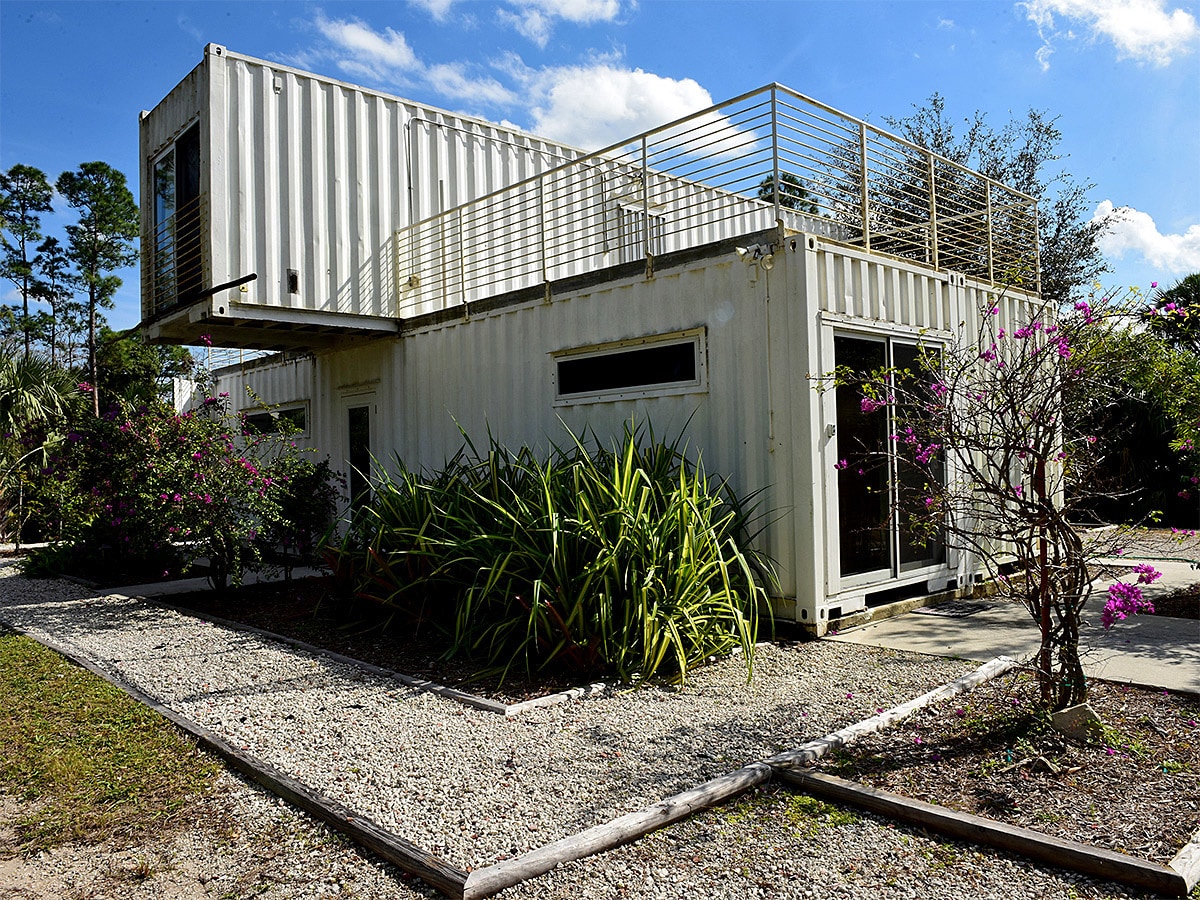Airbnb’s [ABNB] IPO prospectus has finally dropped and, while the specific date of its market debut is still unknown, more details have emerged about one of market’s most eagerly anticipated listings in recent years.
Communal sharing
Airbnb’s IPO registration, released on 16 November, revealed that it intends to list on the Nasdaq with the ticker ABNB. The company will issue as many as 55 million shares initially and is also including a “greenshoe” option that would allow for the sale of an additional five million shares if faced with sufficient demand. Existing investors are expected to sell around 1.9 million shares, according to the Financial Times.
Airbnb posted a range of between $44 and $50 per share, meaning the company looks set to raise an initial $2.5bn, with the secondary sale potentially yielding a further $250m dollars. The top of the range would imply a market value for Airbnb of $29.8bn.
Various investors, particularly Silver Lake Partners who invested £1bn in Airbnb at the time of its April valuation, are hoping for a significant improvement on that figure, potentially up to $50bn. The prospectus estimates Airbnb’s serviceable addressable market at $1.5trn.
$1.5trillion
Airbnb's estimated serviceable addressable market
The prospectus also states that 9.2 million in Class H, non-voting shares will be set aside in the Airbnb Host Endowment fund for hosts to share in the success of Airbnb. The company’s focus on building a community is part of its efforts to adopt the supply-driving-demand-driving-supply model, which has been popular with the likes of Amazon [AMZN] during their growth phases.
“Our guests are not transactions — they are engaged, contributing members of our community… [returning] regularly to our platform to book again, and recommend Airbnb to others... This demand encourages new hosts to join, which in turn attracts even more guests. It is a virtuous cycle — guests attract hosts, and hosts attract guests,” the company said in the prospectus.
Recovering Revenue
Airbnb’s focus on building a growth strategy is no coincidence. One of the most notable things about Airbnb’s IPO is its timing, because as of right the company isn’t making money. In fact, it’s burning through it.
Airbnb has incurred net losses in every year of it being in operation, with the size of these losses skyrocketing from $16.9m in 2018 to $674.3m in 2019. In the nine months ended 30 September 2020, the company posted a loss of $696.9m in the midst of the coronavirus pandemic.
Airbnb’s bookings fell 72% year-over-year in April and have continued to drop by at least 19% year-over-year every month since March. Cancellations and alterations to bookings more than doubled, year-over-year, in both March and April. With an accumulated $2.1bn deficit and a pandemic crippling its business, many onlookers may wonder whether now is really the ideal time for Airbnb’s IPO
72%
Decline of Airbnb's bookings YoY
However, signs that Airbnb is well positioned to withstand the impact of the pandemic, having already made effective strategic shifts in response to changing customer needs, will reassure potential investors. As a result, analysts expect it to recover quickly once conditions improve.
After falling to $841.4m and $334.8m in the first and second quarters of 2020, respectively, revenue staged an impressive recovery to $1.34bn during the third quarter, when the company even posted net profits of $219m thanks to aggressive cost cutting efforts earlier in the year.
Additionally, the encouraging signs concerning COVID-19 vaccines will reinvigorate Airbnb’s appeal for investors, given the scope for economies, especially the travel market, to recover from the pandemic.
While there are various factors that suggest Airbnb can stay resilient beyond its IPO and the impact of COVID-19, it’s no surprise that the prospectus dedicates space to reassuring investors that plans are in place to expand the business.
Risks and Reservations
There are three key risk factors that would-be investors should consider before diving in to Airbnb, according to The Motley Fool. The first of these is a stricter regulatory environment, with neighbourhood associations and competitors, such as hotels or trade groups, making moves to curb the spread of short-term rentals.
The second is evolving competition from online travel agencies and hotel chains that have launched direct competitor offerings since Airbnb’s initial rise. Finally, and most worryingly, the prospectus itself raises questions as to whether the company can ever turn a profit, especially in the context of falling EBITDA, free cash flow and slowing revenue growth.
The fact that Airbnb is still operating at a loss is not a good look for a business that has been trading for more than a decade, especially as its IPO filing also discloses a dispute with the Internal Revenue Service that could cost it $1.34bn if it loses.
Despite the reservations, however, there is a consensus forming among analysts that Airbnb will fetch a hefty valuation.
Continue reading for FREE
- Includes free newsletter updates, unsubscribe anytime. Privacy policy





